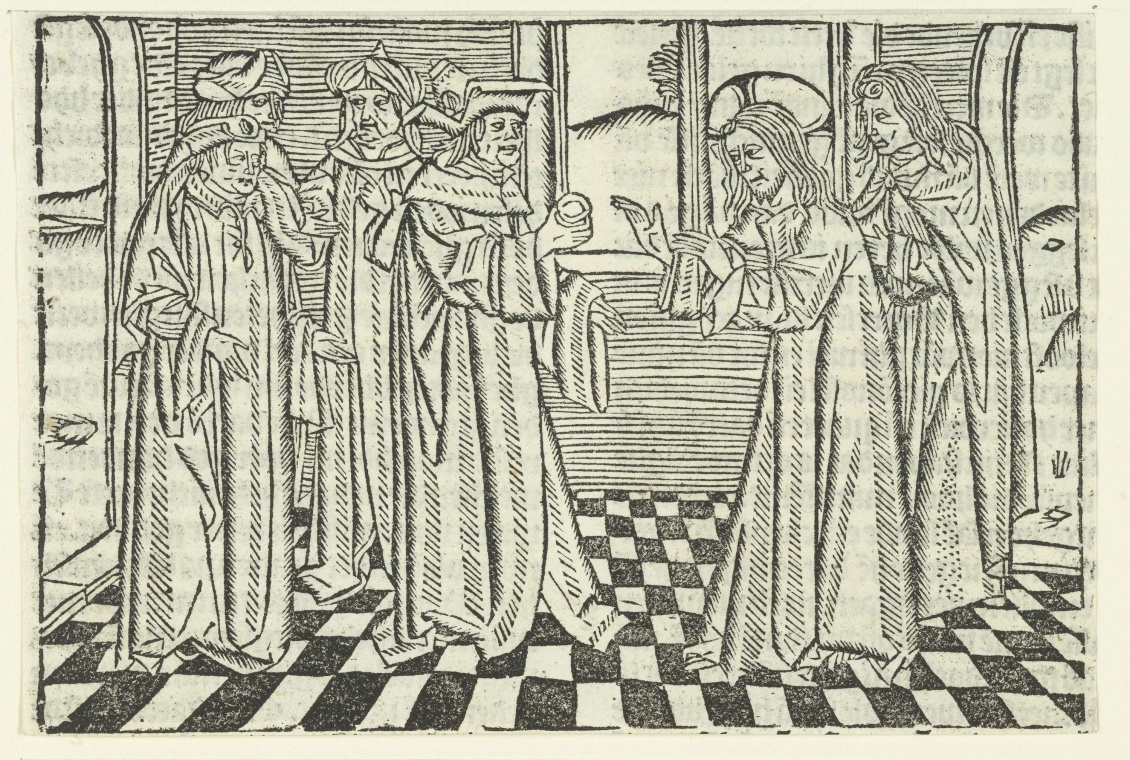Interview with John Bielenberg
John Bielenberg is the founder of Future Partners, a company that helps innovation, change, and growth leaders solve challenges—a process that was valuable in helping Pando Populus develop its mission. John sat down with Kevin Madden, managing editor for the Pando Populus blog, to discuss his career and approach to innovation through “Thinking Wrong.”
John, tell us about your work. How did you get to where you are today?
John Bielenberg: I went to school for design, moved to California right after college and eventually had my own graphic design firm in San Francisco.
After 10 years, I got to a point where I started to really question the role of graphic design in greasing the wheels of capitalism. Is this profession significant and meaningful to me?
So, I started this fake company called Virtual Telemetrics. It was intended as a parody and commentary on capitalism and the role of design in that system. I designed an identity for it—created videos, annual reports, brochures and catalogues of fake products. Finally, I had a show and faux IPO at the SF MOMA [San Francisco Museum of Modern Art] of these projects.
Then, I had an investment client that hired a behavioral psychologist out of Cornell to evaluate how their competitors were victims of their own heuristic biases. Our brains create neural pathways and synaptic connections over time that allow us to make quick decisions and function in the world. But they can also make us follow repetitive patterns that can inhibit innovation, ingenuity and creativity. So I created a concept called “Think Wrong,” which is designed to disrupt these existing neural pathways in the service of new ideas—moving from the way things are to the way things could be.
My career has now shifted from traditional graphic design to “Thinking Wrong” and using design to uncover solutions to drive positive change. We live in a time of unprecedented global challenges—including climate change, deforestation, and the mass extinction of species. The relationship between humans and the planet is out of whack—we can’t keep doing what we’ve been doing and expect a positive outcome.
Tell us more about how “Thinking Wrong” can unlock creativity in practice.
“Thinking Wrong” has six different practices that each function to remove the barriers for coming up with new ideas. (1) Be Bold—what’s the big challenge? (2) Get Out—get out of your orthodoxies and everyday patterns. (3) Let Go—let go of your existing orthodoxies and solutions. (4) Make Stuff—don’t just talk. Start making and prototyping. (5) Bet Small—try a bunch of small bets to alleviate the fear of doing things that might not work. When you frame something as a small bet, you can take a chance and try something new. (6) Move Fast—capture what you’ve learned from the small bets and accelerate momentum.
A “Thinking Wrong” blitz can help a small group overcome hurdles on a specific project or start up. Can we also apply the “Thinking Wrong” frame to a larger, global challenge like climate change?
Yes, you can really approach any challenge with this method. We’ve used this to help rename and rebrand a conference that resulted in the creation of Pando Populus. We’ve also used this with Starbucks to see how to eliminate the use of paper cups. I’ve also worked with Al Gore on the Climate Reality Project on reframing climate change from global warming to the reality of extreme and disruptive weather. It really doesn’t matter what the challenge is, the process is valuable no matter what.
You’ve done a lot of social-good start ups. Can you talk about why some succeed and others fail? What does it take to maintain success?
We always generate amazing ideas and proposals. In my experience, the ones that fail do not have a person or a small group that’s invested and motivated to push things forward. With Pando Populus, Eugene has grabbed onto the concept and is determined to make forward progress. That’s the biggest thing—that relentless drive to make shit happen.
What strengths do you see in Pando Populus?
Number one is Eugene. He keeps moving forward with few resources. I think the way that Pando Populus is shaping the brand—what originated in something called the Alfred North Whitehead Academic Conference and now being Pando Populus makes it much more interesting and popular.
The Pando Hubs concept also allows organizations and small groups to become connected. It has the capability to spread into a movement of sorts. It’s very inclusive. There are many ways that this could go.
Pando Populus is also insanely relevant right now. This kind of systems thinking is essential. There should probably be some department in government—the Department of Pando. I think it really has the potential to be shaped into a movement and brand that represents systems thinking.
Tell us about your own connection to the issue of ecology and climate change. What’s your personal connection to the health of the planet?
I’ve always been an outdoor person. I’m an avid biker, skier and runner. In fact, this morning my partner Lily and I did a six mile trail run here in the woods of Maine. I’ve always had an appreciation of the natural world. Unfortunately, I’ve become more anxious about the future in the last 10 or 15 years.
This appreciation of the natural world and the acknowledgement that we are destroying it leads me to ask, what can we do? Panda Populus can encourage people to have an impact in shaping a positive future. Humans have the capacity to come up with ingenious inventions and innovations that can help solve some of our biggest challenges.
